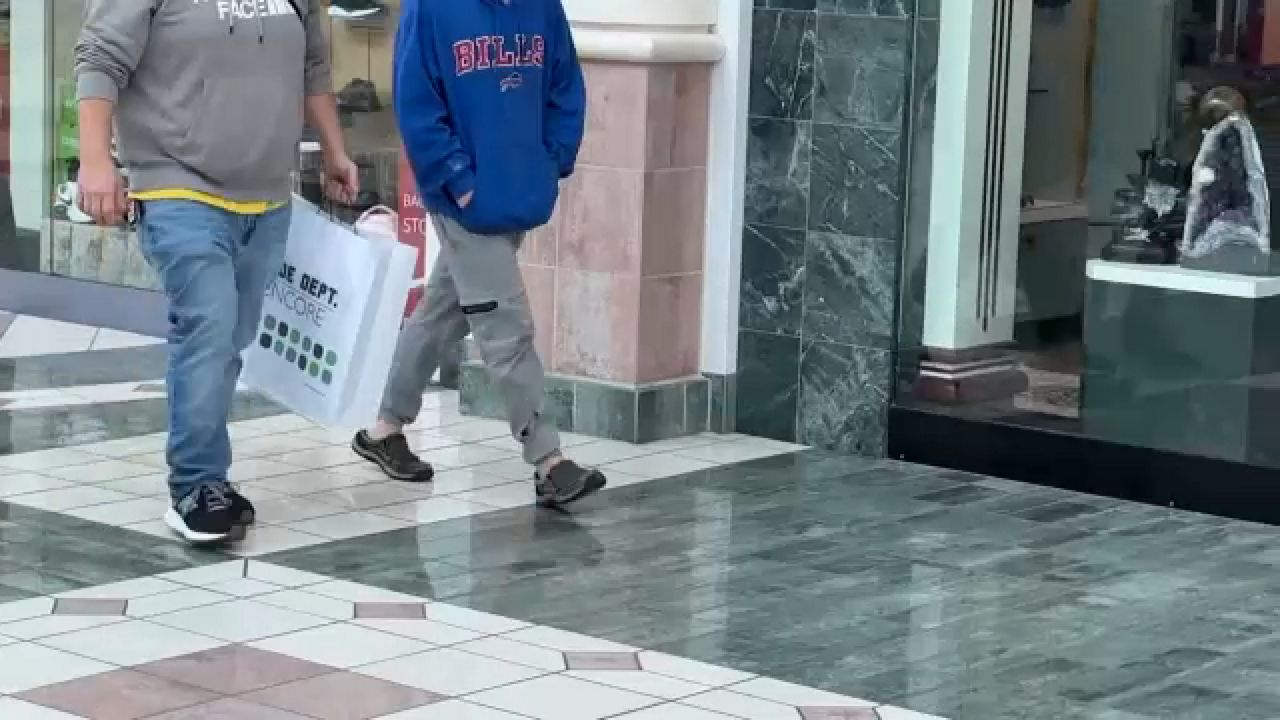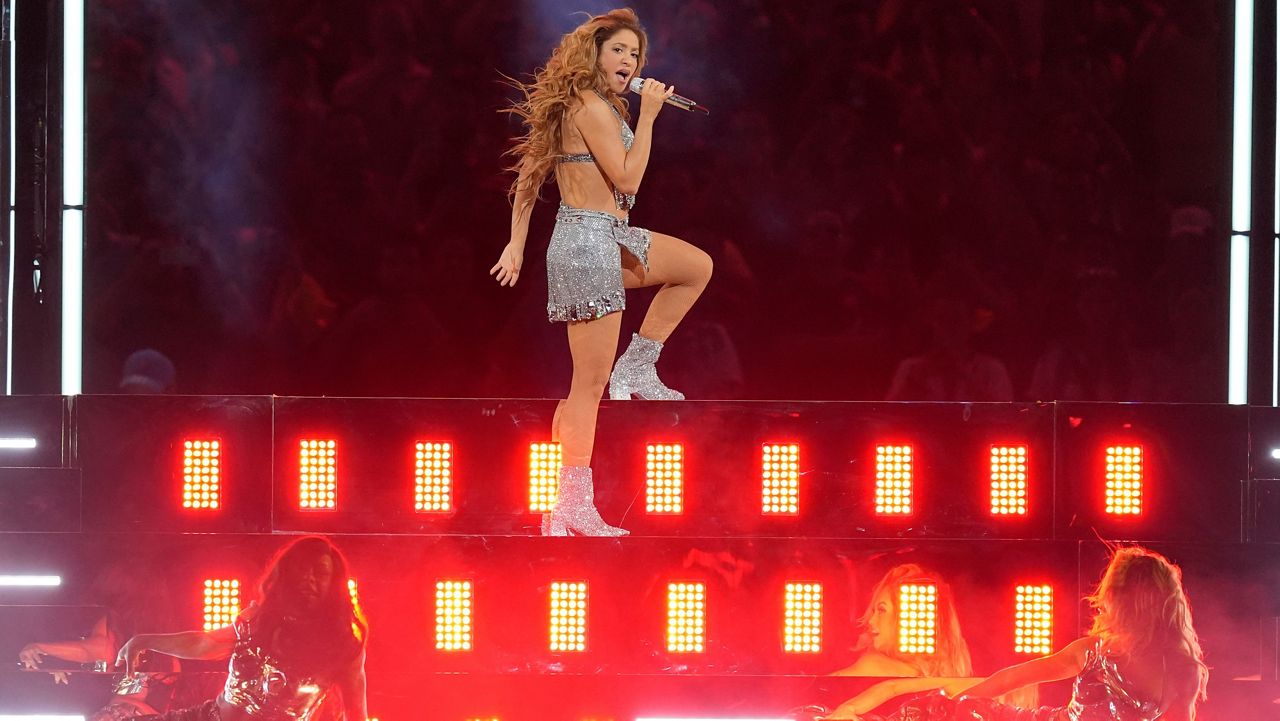In a white tuxedo gown by Ralph Lauren Collection — the upscale arm of the American designer’s empire and a frequent label in the first lady’s wardrobe — Jill Biden, on her second print cover of Vogue magazine since husband Joe Biden took office in 2020, gazes upward, projecting a mix of strength and hope, in a picture by veteran fashion photographer Norman Jean Roy.
Fashion
Perspective | Jill Biden is Vogue’s cover star. What timing.

Women in politics and media have worn white so often and for so many reasons that it ceases to mean much anymore. But here, it burnishes the image of the first lady as dedicated, but not arrogant. Pure. A savior, even: the only person who truly has her husband’s ear. Who can convince him whether he should press ahead with a campaign in deep crisis since last week’s debate, or step aside.
It is a striking, fascinatingly out-of-character image in its storytelling, for both the magazine and the first lady. It will dismay the candidate’s detractors from both parties — people always anger at the sight of expensive clothes, forgetting the reach and potential for revelatory image-making of women’s magazines like Vogue, and the religious undertones are startling.
But it may be the most accurate image of Jill Biden right now, of what she means to her husband and — for better and for worse — for her party.
“We will decide our future,” the cover line reads. This was obviously intended as a statement of power through unity — the portraits and profile were reported in April — but one that also, through sheer coincidence, hints at the choice that the president and his wife have to make over the next few months. Should Biden step aside or is the response to his disastrous debate performance another example of the media misunderstanding or underestimating the lifelong politician? A note in italics at the top of the piece notes that the reporter, Maya Singer, spoke with Biden again the day before the piece was published online, and that she said that the couple “will not let those 90 minutes define the four years he’s been president. We will continue to fight.”
This is an unusual moment for both the magazine and Biden. While Michelle Obama appeared on three Vogue covers — one during her husband’s first term, March 2009; and two during her husband’s second, April 2013 and December 2016 — this is the first time that a first lady has appeared on two covers during her husband’s first four years, the first in June 2021. Technically, it’s the third time she has appeared on a Vogue cover: in November 2022, when Hunter Biden’s daughter Naomi Biden was married at the White House, Vogue photographed the first lady and her granddaughter in their wedding regalia, along with a soft-focus story on the proceedings. (Roy took those images, as well.) Vogue, in fact, was exclusively given access to the Bidens the day before the wedding a decision that rankled many reporters in its suggestion that they were restricting access to a White House event.
Those images were friendly, familial. In her first cover, she wore a more bohemian floral dress and grinned. In the second, she embraced her granddaughter. They positioned her as a teacher, a grandmother (or even, in the absence of Naomi Biden’s mother, Kathleen Buhle, in the digital cover, a matriarch), a working woman, an approachable figure. A person.
Here, she is more like a symbol. Her pose and visage, not to mention the color of her dress, recall religious paintings of saints communing with their higher power: chosen, but subservient to a call that demands they put their own needs aside. Two small orbs of blue — by the Los Angeles jeweler Irene Neuwirth, who makes playful baubles with a supernatural radiance — glow at her earlobes, bringing out her blue eyes.
And it is surprising that a public figure who has so resisted fashion as a tool continues to return to the well of Vogue. Obama was a deft fashion obsessive, using it to enhance her relatability as well as her individuality and hipness. For Melania Trump — who was never given a Vogue cover during her husband’s four years in office, a decision that stoked claims of fashion and media’s biases — clothes have been a refuge, a fantastical source of role-play.
Biden’s clothes project stability: floral dresses, often repeated, and muted gowns. But as the election nears, she has increasingly using clothing — not fashion, but clothing — as a way to telegraph the terms of this election. Her choices appear determined, even dogged: bold blues that emphasize a reliable, normalized breed of Americana; gowns that build a visual bridge between herself and international guests. The day after last week’s debate, she wore a Christian Siriano dress printed with the words VOTE in stark white on a black sheath, a dress whose straightforwardness bordered on shrill.
Of course, as with the images and coverage of her granddaughter’s wedding, Vogue offers a degree of narrative and visual control that few other outlets would. Anna Wintour, Vogue’s longtime chieftain, has held multiple fundraisers for the president. The story is dutifully glowing: Biden’s insistence on continuing to work keeps her in touch with the real people of America, she believes reproductive rights are on the line, she believes her husband has done so much and yet so many Americans refuse to see it. The inside images are similarly respectful, a blend of staged portraiture and campaign trail reportage, in which Biden wears American designers (at a mix of prices, of course, ranging from Michael Kors Collection to the mall staple Coach). The images were not styled, as her first cover was, by longtime Vogue staffer Tonne Goodman. Instead, the magazine used a sittings editor, regular Vogue contributor Max Ortega — a seemingly small gesture, but one that downplays the importance of fashion here.
But it’s that cover that is the most revealing, with a message that is bigger and more sweeping than the one tailored to the readership of a fashion magazine or of the left-leaning and moderate women this story was clearly crafted to court. The Biden family has, as the first lady echoed to Vogue this week, seemingly decided to stay in the race. This portrait may have been intended to beatify Biden, but its effect and timing instead suggest that, regardless of what the pundits and electorate think, she believes in miracles.










